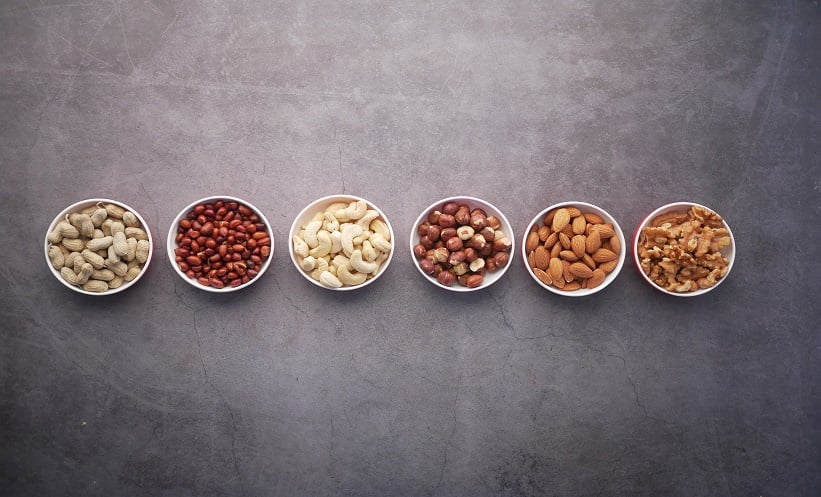RESTRICTION of protein intake after kidney transplantation has been said to be essential as excessive protein worsens kidney function; however, new research suggests that this may result in worse sarcopenia and adverse prognosis.
Patients with chronic kidney disease are at risk of hyper catabolism, induced sarcopenia due to chronic inflammation, decreased nutrient intake, and decreased physical activity. After kidney transplantation, when renal function has recovered, the recipients can correct or improve these physiological and metabolic abnormalities, and skeletal muscle mass can be increased. Since improvement of sarcopenia involves nutrition and exercise therapy, it is suspected that protein intake relates to recovery of skeletal muscle mass after a kidney transplantation.
Research group leaders Akihiro Kosoku, Tomoaki Iwai, and Junji Uchida, who all work in the Department of Urology at the Graduate School of Medicine, Osaka Metropolitan University, Japan, and their team, analysed the connection between protein intake and changes in skeletal muscle mass. They measured protein intake through urine samples from 64 patients, 12 months after kidney transplantation, and analysed bioelectrical impedance to determine changes in skeletal muscle mass. The analysis showed that there was a positive connection between skeletal muscle mass and protein intake, and that muscle mass decreased following insufficient protein intake. This suggests that adequate protein intake is necessary to improve muscle mass after transplantation.
Kosoku and Iwai jointly commented: “To improve the life expectancy of kidney transplant recipients, further research is needed to clarify the optimal protein intake to prevent either deterioration in kidney function or sarcopenia.” The team hopes that with nutritional guidance, prognosis and life expectancy of patients will improve.








